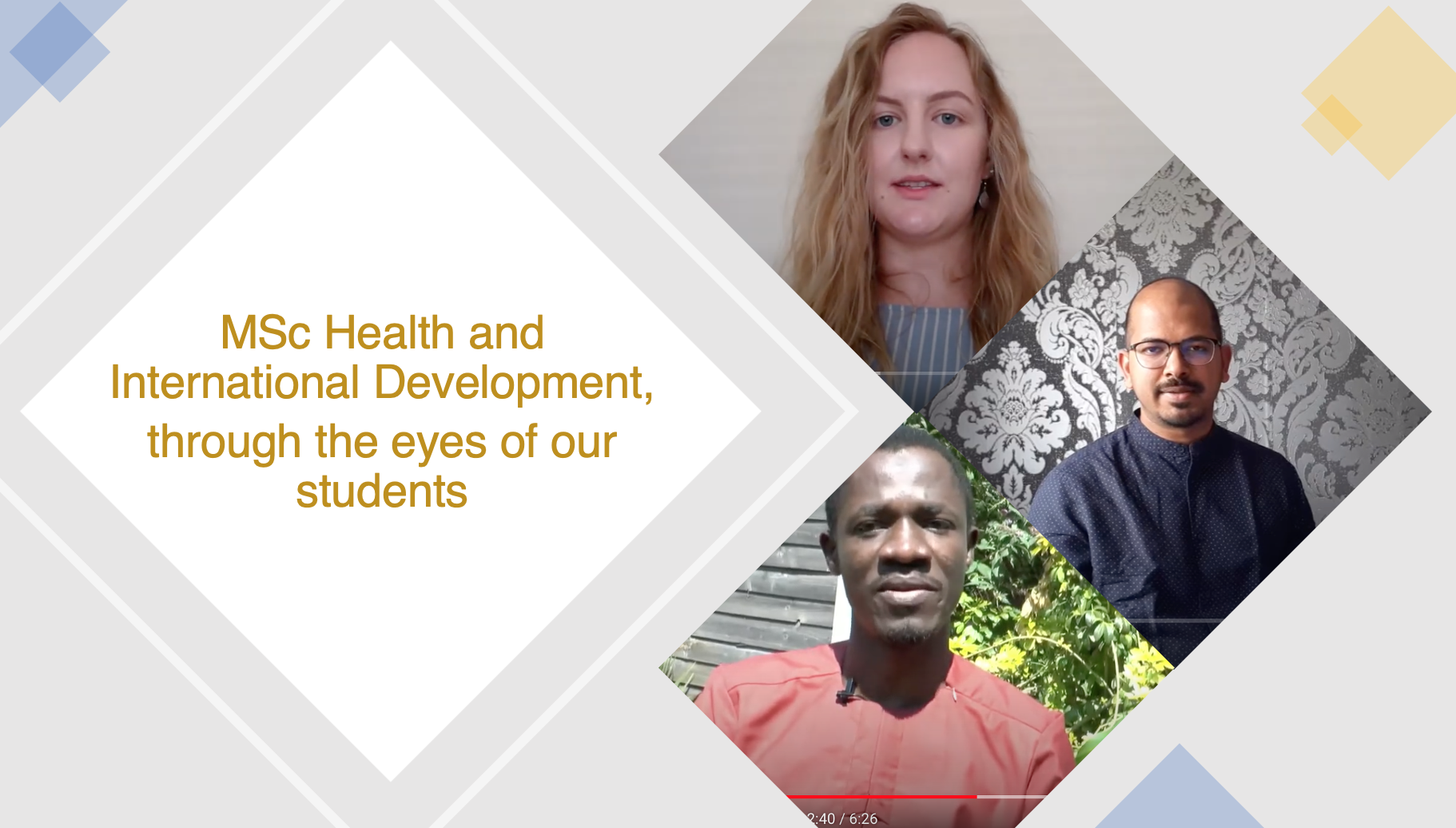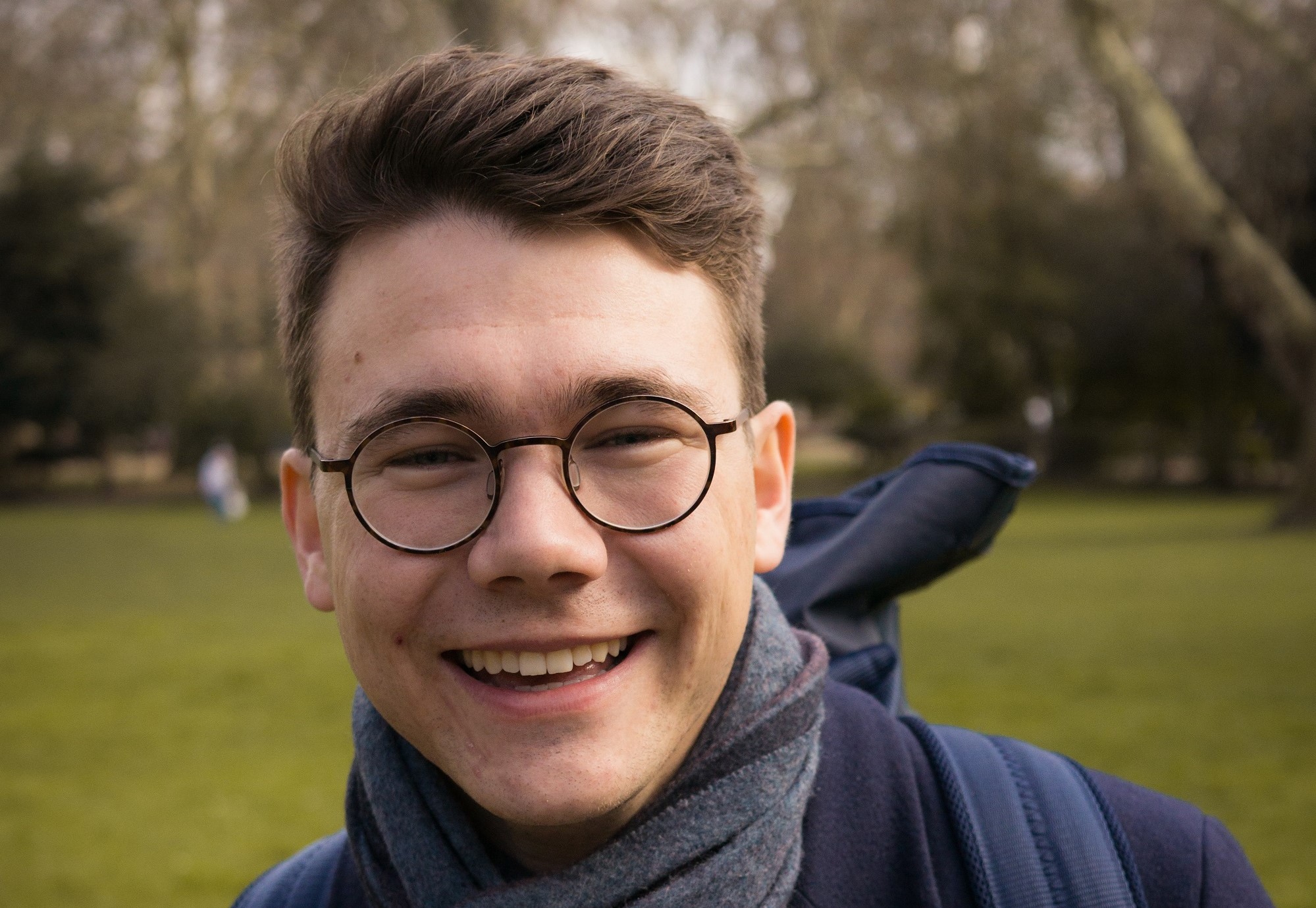For this week’s ID Spotlight, Student Media Ambassador Innocent Anguyo spoke to MSc African Development student, Kyeonga Claire Kang.

I spent most of my childhood in Rennes, France. Unlike some Koreans who go to school to memorise subjects like Maths and English from a young age, I enjoyed a relaxed lifestyle. This must be the reason I have good memories of France.
I studied a BA in French and Political Science at Sogang University, South Korea. I also did a study abroad programme at Sciences Po in Paris. I had no idea what I wanted to do after graduation! I wanted to use my French language skills for my career, but I didn’t want to be an interpreter. Most of my professional experience has since come from doing internships and volunteering. In 2015, I did an internship with Africa Insight, a Korean NGO with a vision “of a world where people from African nations are respected and have independence.” Volunteer work with NGOs also took me to several African countries including Tanzania (education), Senegal (microfinance) and Morocco (women’s education).
Talking to people in organisations working with Africa and doing the above internships helped me make up my mind; I wanted to be a diplomat facilitating improved relationships between African countries and Korea. So, I prepared for the Korean National Diplomatic Agency exam. However, my application was unsuccessful. So I decided to focus on my career, starting with a Master’s degree. That’s why I am here studying the MSc in African Development.
My academic journey at LSE is quite plain. My typical day involves attending classes and studying in the library. I equally like grabbing coffee in the morning. Sometimes I also go out with my friends to musicals or for good meals. I’m really pleased to have met people from all over the world; it’s the first time in my life that I’ve been surrounded by such diversity. Also, although my programme is small (less than 40 students), I’m more than happy to share classes with many people interested in African issues.
Every day is quite a challenge at LSE! Students here are very talented, and sometimes being surrounded by very skillful people might be stressful. But, I’ve learned a lot from my friends. Starting by accomplishing small things has been helpful for me. I try to set small and realistic goals, such as participating regularly in the seminars, having a study group to help with the readings and receiving better feedback on my essays.
Getting an internship to do after graduating is currently my biggest challenge. I would like to work as a full-time intern in the African Development Bank (my priority for now). I would also like to work in NGOs or international organisations in African countries for some years and then perhaps give the Korean diplomacy exam another shot.
I strongly encourage students from Korea and East Asia to come to LSE, particularly the International Development Department. As LSE is very competitive, stressing your unique strengths and an original story may separate you from the rest in the admission process.
When you get here (LSE), it is important to understand that dealing with stress is really important. You will find it helpful to have your own way of relieving yourself of stress (for me it is bubble tea and dance!). Because LSE is very competitive and demanding, it is easy to compare yourself with others. But don’t get sucked into this and try to have your own realistic goals. Finally, when you face some difficulties in life, even if the result is negative at that moment in time, in the long-term it might develop you.
The views expressed in this post are those of the author and in no way reflect those of the International Development LSE blog or the London School of Economics and Political Science.





